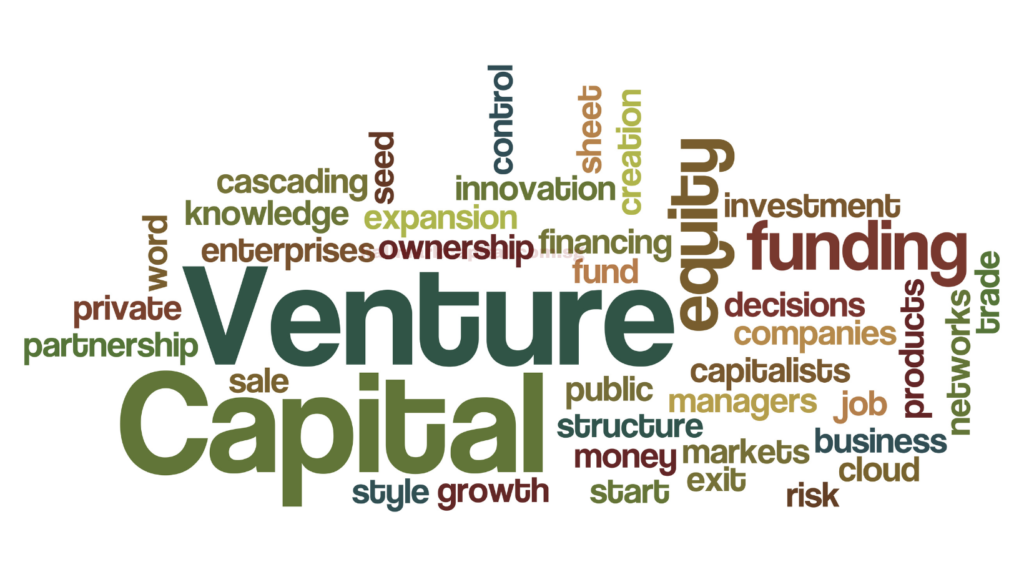Financial technology (Fintech) is used to describe modern technology that seeks to improve and automate the delivery and use of financial services. It is fundamentally used to help companies, business owners and consumers better manage their financial operations, processes and lives by utilizing specialized software and algorithms that are used on computers and smartphones.
It began to flourish in the 1990s when the internet and e-commerce business models arose and subsequently, banking was digitalized in the following decade to facilitate ease of online transactions. The Global Financial Crisis in 2008 caused many people to lose trust in traditional banking systems hence system security and transparency have become very important.
Understanding Fintech
Since then, there has been a shift to more consumer-oriented services and with the help of cloud computing, new customized solutions and standard services such as payments and transfer of monies have become easily accessible. Fintech is now available across many industries such as retail banking, education and investment management etc.

It also includes the development and use of crypto-currencies such as Bitcoin. The primary means by which people access the web and make use of several different financial services is mobile banking apps and digital wallets such as Apple Pay and Grab Pay Wallet. According to EY’s 2017 Fintech Adoption Index, one-third of consumers utilize at least two or more fintech services and those consumers are also increasingly aware of it as an important part of their daily lives.
Fintech In Action
The most talked about and most funded fintech startups all share the same characteristics – they are designed to challenge and overthrow entrenched traditional financial service providers by providing a faster and more agile service especially in underserved segments.
Eg. If you ever wondered why applying for a mortgage with a traditional lender was such an unpleasant experience or felt like it wasn’t right for you, fintech most probably has a solution for you. It exists to answer questions like “Why is my credit score mysterious and how do lenders use it to judge my eligibility for a loan?”

Fintech And New Technologies
New technologies like artificial intelligence (AI) or machine learning (ML), data-driven marketing and predictive behaviour analytics; they will take the guesswork and habits out of financial decisions. The habits of users will not only be learnt but they are also able to learn how to make better financial decisions based on the “learning apps”.
A keen adaptor of automated customer service technology like utilizing chatbots and AI interfaces to assist customers online with basic questions and tasks, lowering overhead costs at the same time. It is also used to fight fraud by leveraging information about payment history to flag abnormal transactions.
Problems With Fintech
Automation of processes and digitization of data makes fintech systems vulnerable to attacks from hackers. Regulation is also a problem in the emerging world of cryptocurrencies.
Due to the diversity of offerings and the disparate industries it touches, it is difficult to formulate a single, winning approach to these problems. Till date, governments have used existing regulations and, in some cases, customized them for regulation.

Fintech Landscape
Sources like CB Insights, are reporting that venture capital investment has remained sturdy during the pandemic. There was an initial dip in the second quarter of 2020. However, funding levels recovered quite quickly with some large and later stage funding rounds driving the market.
Approximately 61% of fintech start-ups in 2020 were financial services businesses and 39% were technology or processing businesses (suppliers to other financial institutions).
Other than having a stellar and experienced management team as well as a clear business plan, investors are looking out for startups which are solid in their cybersecurity technologies and policies due to the alarmingly increasing number of fraud cases every year.
In summary, there is great potential for fintech startups and seed funding will always be available. With the evolution of technology and consumer behaviour, it has become a necessary part of many people’s daily lives. A world without fintech is simply unimaginable, counterproductive and is a major disruption to companies and people globally.



